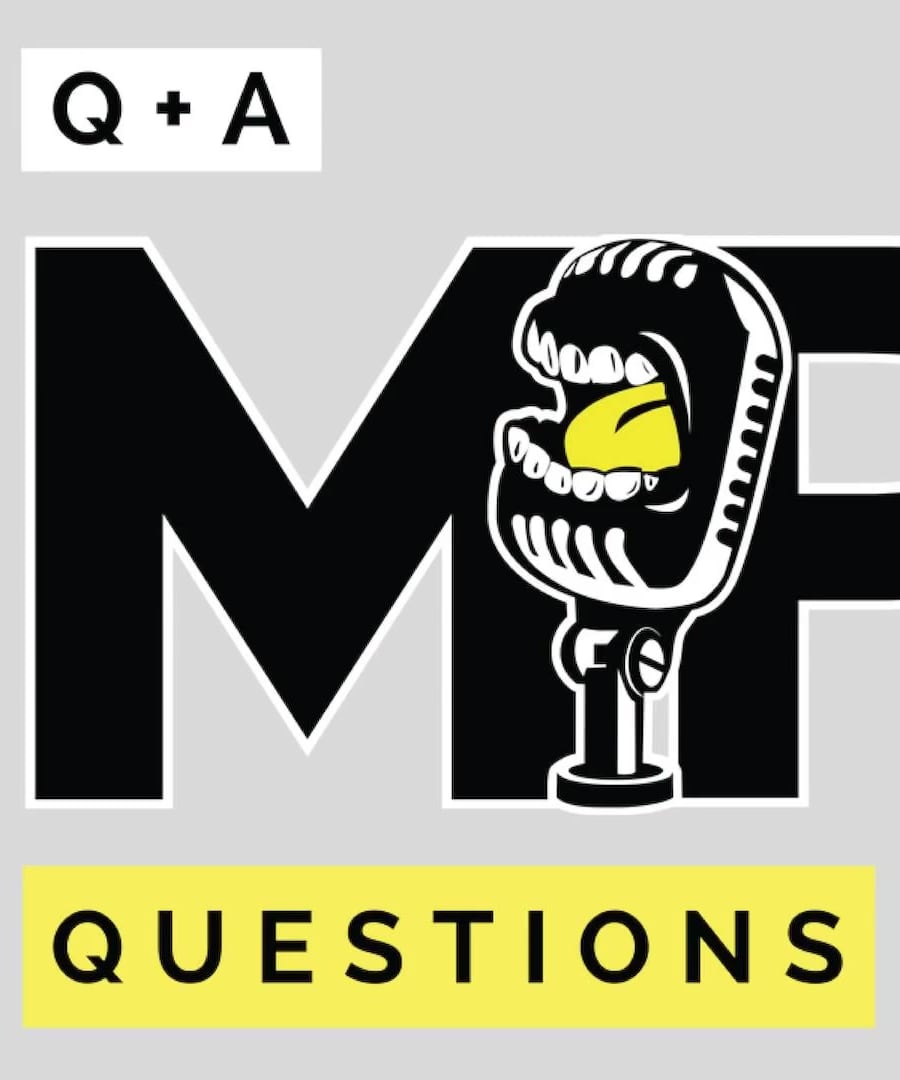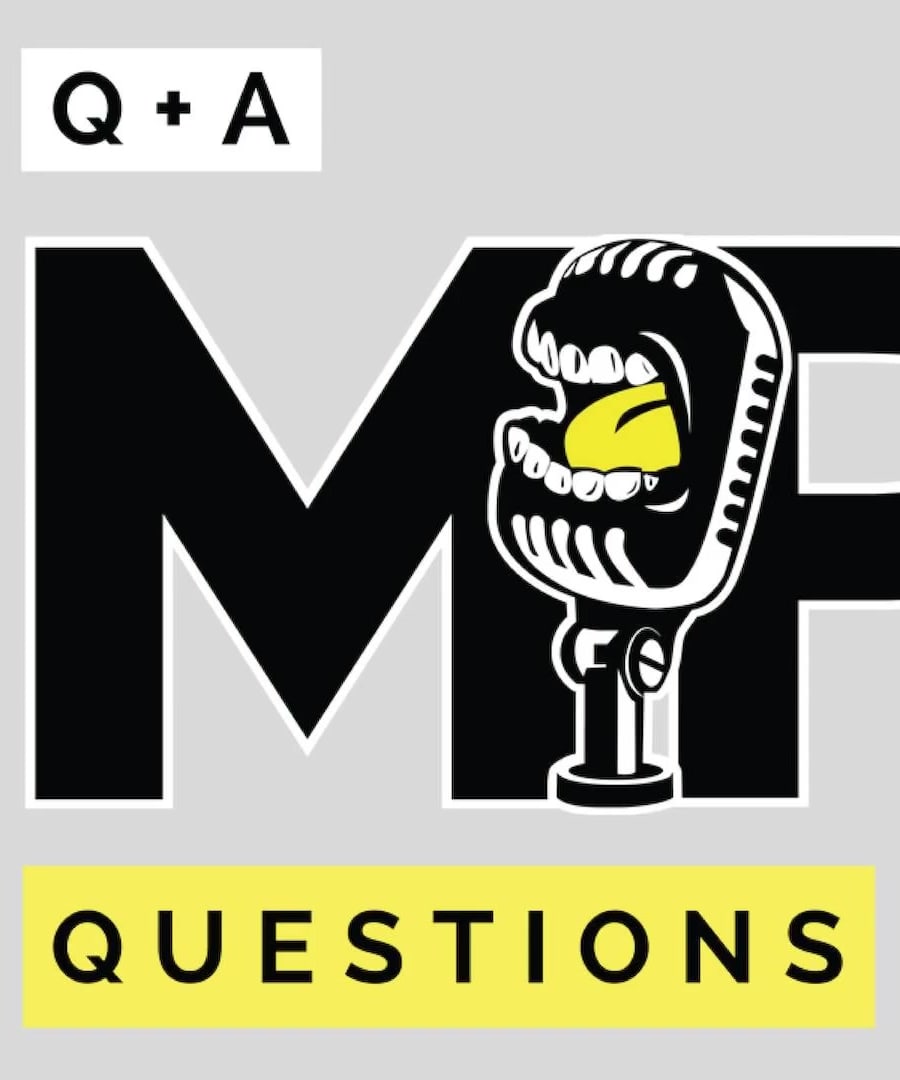How do people define fitness?
Sources:
Defining fitness is highly personal and varies greatly depending on individual goals, needs, and circumstances. As discussed by the hosts of the Mind Pump Podcast:
-
Fitness as Personal Relevance: Fitness definitions vary over time and are often dictated by one's current life situations. For example, during challenging times, merely being able to manage day-to-day responsibilities without breaking down could be considered a state of good fitness, while at other times, it might mean being able to deadlift 600 pounds or achieve a very low body fat percentage. The key is that fitness should be defined in ways that are meaningful and beneficial to your personal circumstances 1.
-
Fitness as Health and Ability: Fitness can encompass a range of abilities and health metrics, such as strength, cardiovascular endurance, pain-free movement, balanced hormones, and good energy levels throughout the day. It’s about maintaining or improving one's ability to function effectively in various aspects of life 2.
-
The Challenge of a Universal Definition: It’s challenging to define fitness universally because what may be fit for one person could be unfit for another. For instance, a bodybuilder might excel in their specific training but perform poorly in a marathon. Fitness is individualistic and closely tied to personal goals and lifestyle 2.
-
Fitness Beyond Physical Appearance: There is an emphasis on looking beyond the aesthetic aspects of fitness. While physical appearance can be a component of fitness, it's crucial to remember that fitness also involves other factors like stress levels, sleep quality, and overall health. Judging fitness solely by appearance can be misleading 3.
Ultimately, defining fitness is about understanding and aligning it with personal values, goals, and health requirements, which may evolve over time.
RELATED QUESTIONS-


